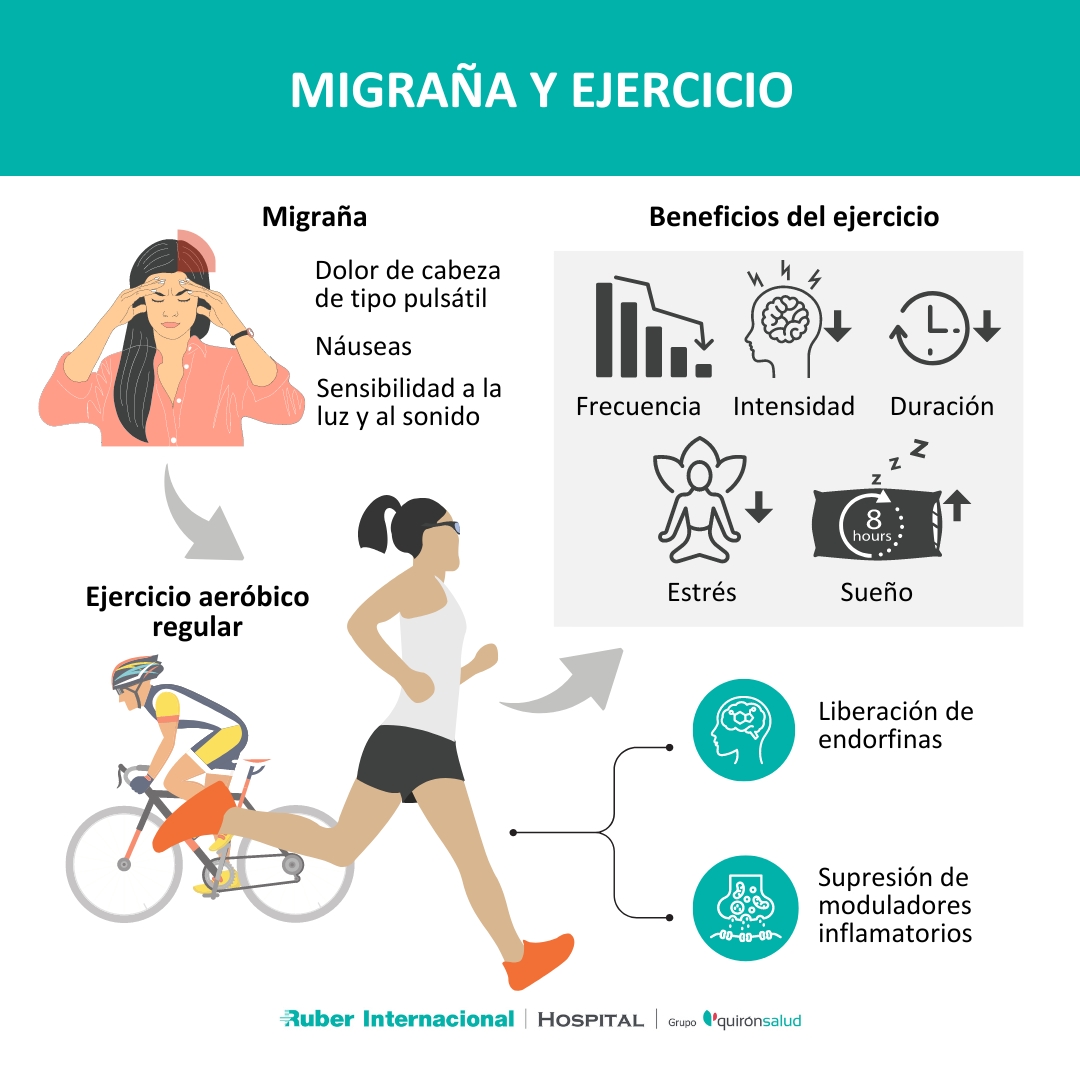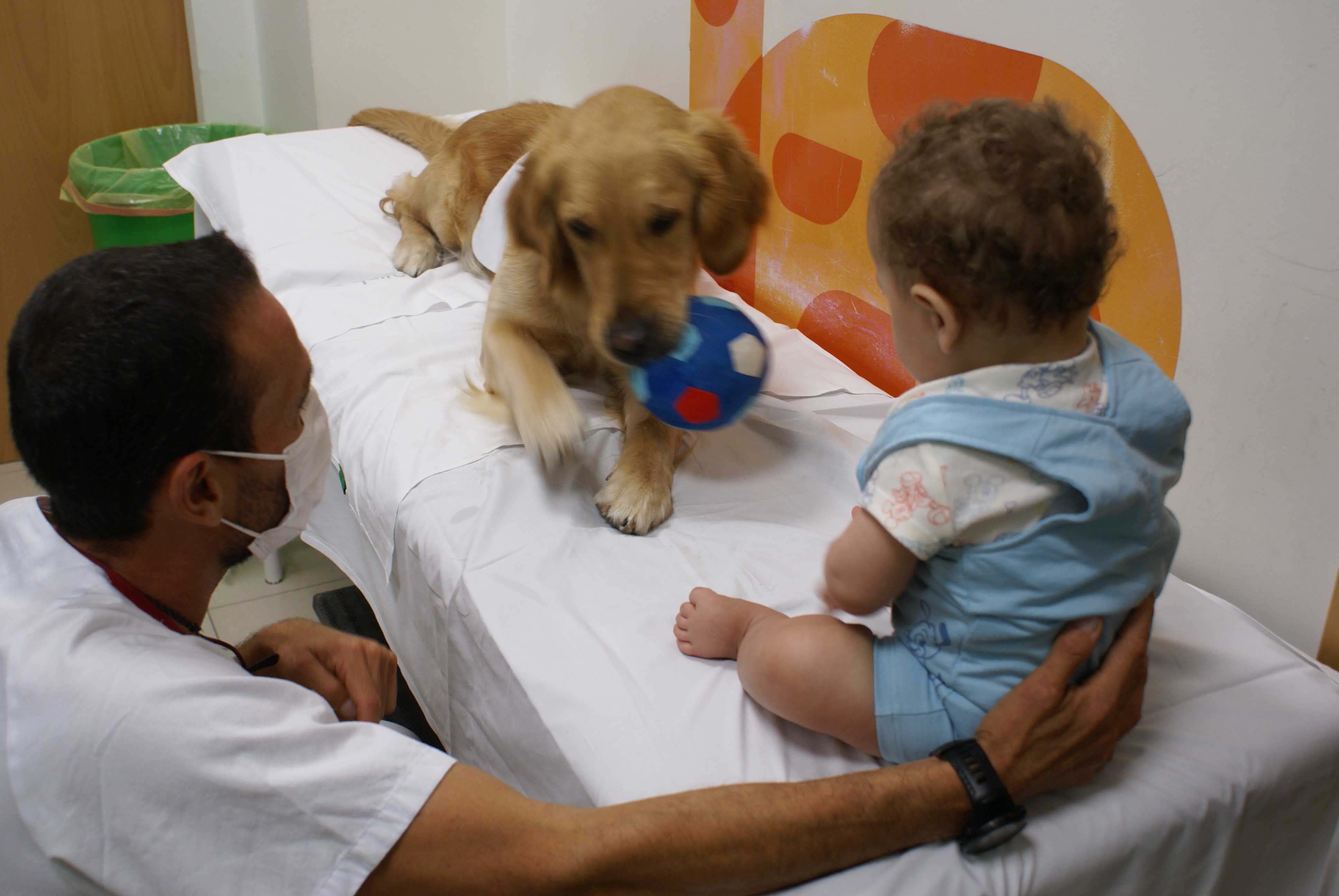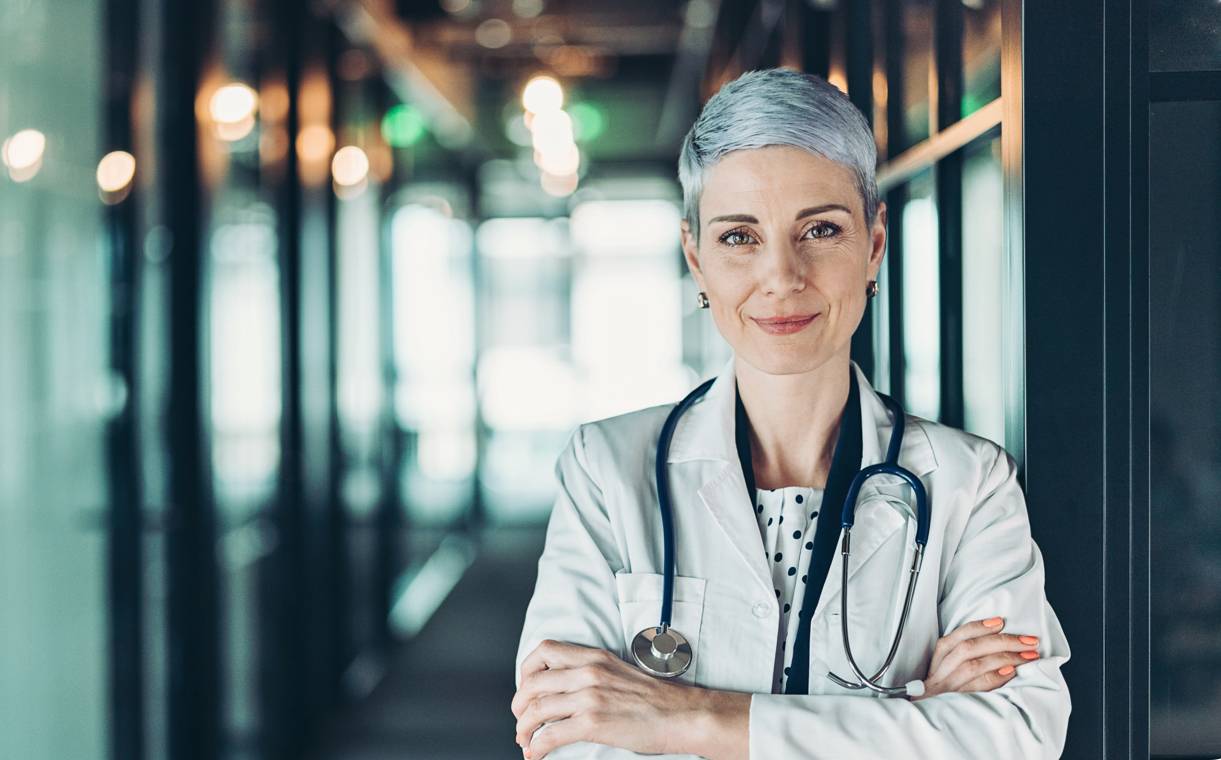Complementary medicine
Find out everything you need to know about complementary medicine and what alternative therapies involve. We talk to you about its benefits, the techniques it applies and the different types. Book your consultation at one of our alternative therapy centers.
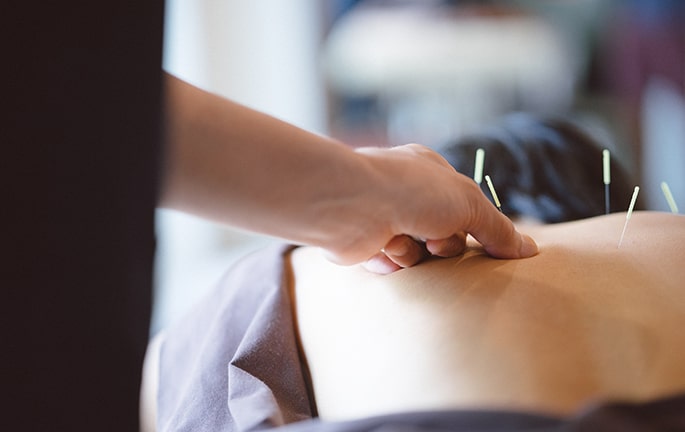
What is complementary medicine?
Alternative medicine involves the use of a series of non-conventional procedures to improve the quality of life of patients along with other standard medical therapies. In most cases, doctors use alternative therapies to alleviate the side effects of aggressive treatments such as chemotherapy, to reduce chronic pain or to improve the mental health of people with physical or psychological illnesses.
What does complementary medicine study?
Doctors specialising in complementary medicine delve into the study of healing practices traditionally used in China, India and much of sub-Saharan Africa. One of their main areas of learning is to find the scientific basis for certain ancient practices, which until recently were not based on evidence. The main difference is that in the West, alternative medicine is used as a preventive measure in healthy people or to supplement traditional treatments, but never as the only way to cure a disease.
Complementary therapy centers at Quirónsalud hospitals are a pioneering experience that seeks to improve the lives of patients by capitalising on ancestral knowledge about natural resources and processes.
Which patients is it for?
Alternative medicine techniques are used to improve the quality of life of patients with chronic pain or side effects due to cancer treatments. They are also aimed at healthy people who want to prevent illness and change their habits.
Techniques, procedures and diagnostic methods
Complementary medicine uses many different procedures to reduce certain symptoms and side effects. Some of the most commonly used in Spanish healthcare centers include:
- Acupuncture: involves stimulating specific points on the body with needles to regulate the balance of the autonomic nervous system and facilitate blood circulation. This reduces inflammation, relaxes tension, stimulates the immune system and diminishes pain.
- Homeopathy: based on the administration of small doses of a substance to capitalise on its benefits while avoiding its side effects. Following an in-depth study of the patient’s medical history and a physical examination, the right amount of medication is administered so that it does not interfere with the prescribed treatments or alter any analytical results.
- Psycho-oncology: psychological therapies specially designed for cancer patients to help them cope with both the disease and lifestyle changes.
Diseases and symptoms
Main pathologies and diseases
Complementary medicine provides great benefits in the treatment of diseases such as:
- Anxiety
- Depression
- Cancer
- Tendonitis
- Epicondylitis
- Lumbalgia
- Vertigo
- Sprains
- Tinnitus
- Cervical pain
- Muscle contractures
- Shoulder pathologies
Related symptoms
Symptoms are significantly reduced when following this type of therapy, including:
- Lower back pain
- Headaches
- Nervousness
- Dizziness
- Joint pain
- Muscular pain
- Fatigue
- Ringing and buzzing in ears
- Sweating
- Instability
About the complementary medicine consultation
We solve any doubts you may have before you see the specialist
People who come to the alternative medicine consultation are usually referred by the doctor treating their illness who believes that complementary therapy can improve their quality of life. For this reason, the specialist is often familiar with the treatments that patients are following, the symptoms they are experiencing and the side effects they have manifested.
What should you keep in mind?
Before establishing a treatment, the specialist will study each case thoroughly, taking the patient’s medical history and carrying out physical examination. They will also review the results of recent analyses. Based on this information, they will then decide which type of alternative therapy is best suited to each patient.
Any psychological sessions, massages, acupuncture sessions and so on will be carried out in subsequent appointments as will the assessment of the effects of the homeopathic medicines that have been prescribed.
What should I take to the appointment?
We recommend that you bring to the appointment the most recent medical reports and blood tests, with a list of the most significant symptoms and that you keep an open mind to receiving therapies outside the usual treatments.
You may receive a questionnaire a few days before your appointment asking about your medical history, usual medication and other specific questions that will allow us to anticipate certain aspects of your consultation, helping us to expedite and personalise your care. To do this, we recommend that you download the free Quirónsalud Patient Portal application, which will facilitate communication with your healthcare team.
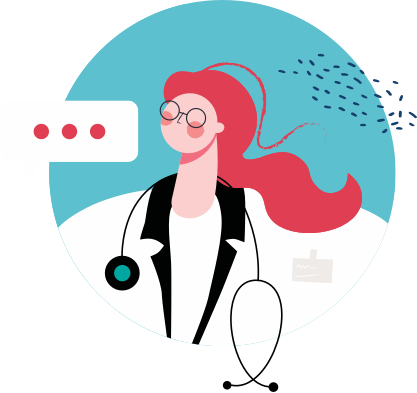
If you have any further questions, please contact us through the Patient Services telephone number: 900 301 013




